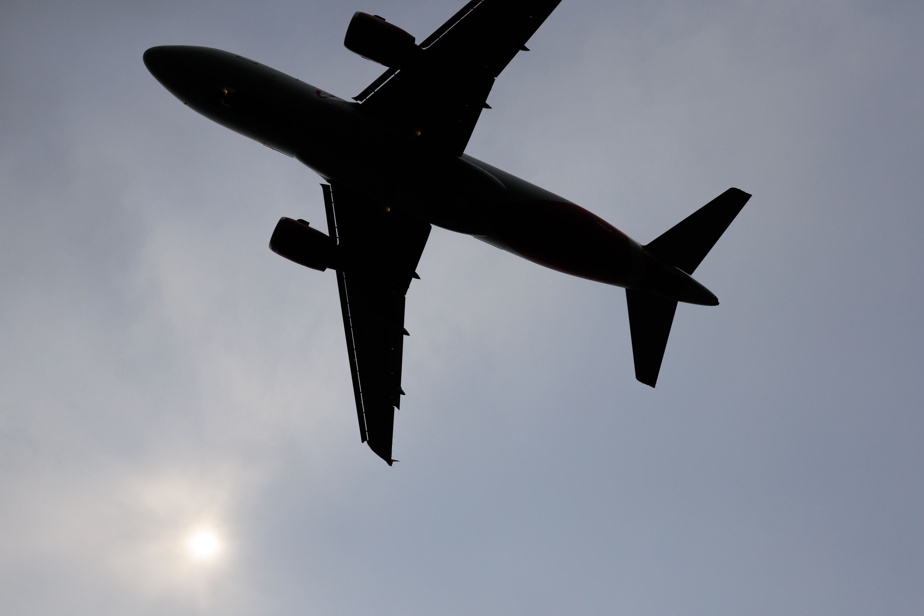A working document from a United Nations agency gives Canada a grade of “C” for the safety and supervision of its air flights, down from an “A” and below the grade obtained by several of his allies.
The confidential report from the International Civil Aviation Organization (ICAO) reveals that Canada has seen a marked decline since 2005 in three safety-related categories: flight operations, airports and air navigation.
ICAO, whose head office is in Montreal, recommends that the federal government put in place a system that would establish standards to ensure that air carriers and airports fully respect the rules in place. This system should also strengthen certifications related to dangerous goods, in addition to ensuring adequate training and fatigue management for air traffic controllers.
The president and CEO of California-based Aero Consulting Experts, Ross Aimer, explains that the labor shortage for air traffic controllers is a source of concern across North America.
The current trend which pushes several governments to transfer the burden of certain responsibilities regarding air safety to the carriers themselves is also a factor to consider, according to Mr. Aimer.
However, the director of the University of Manitoba’s Transportation Institute, Barry Prentice, notes that Canada’s record on aviation safety shows positive results, while deaths linked to plane crashes are declining for several years and there has not been a major crash of a commercial plane for several decades.
The government had until October 30 to respond to ICAO’s preliminary report. The final document is expected in the coming months.
